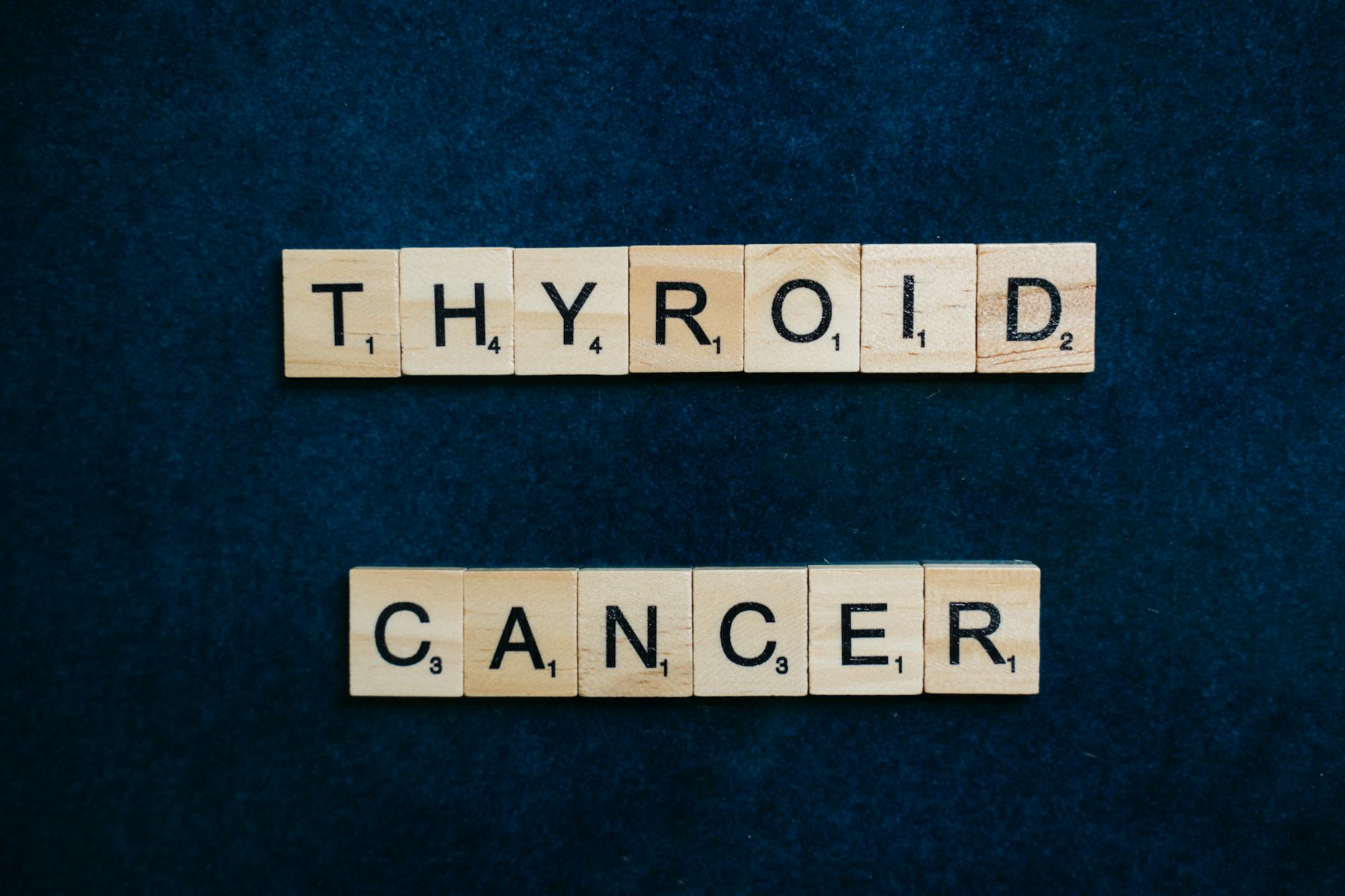Unveil the mystery behind Graves Disease with this in-depth guide on symptoms, treatments, and everything you need to know.
Table of Contents
Living with Graves Disease can be challenging, but with the right information and approach, managing this chronic condition becomes less daunting. In this comprehensive guide, we will delve into the symptoms of Graves Disease, shed light on treatments available, and provide practical tips for coping and thriving with this autoimmune disorder.
Recognizing Symptoms of Graves Disease
Graves Disease is characterized by the overproduction of thyroid hormones, leading to a range of symptoms that can significantly impact daily life. Common signs include:
- Rapid heartbeat
- Weight loss despite increased appetite
- Insomnia
- Hand tremors
- Anxiety and irritability
- Heat intolerance
If you experience a combination of these symptoms, it is essential to consult with a healthcare provider for a proper diagnosis and treatment plan.
Evaluating Treatment Options
Upon diagnosis, your doctor will discuss various treatment options to help manage Graves Disease effectively. These may include:
- Medication: Anti-thyroid drugs can help regulate hormone levels in the body.
- Radioactive iodine therapy: Destroying part of the thyroid gland to reduce hormone production.
- Thyroidectomy: Surgical removal of the thyroid gland in severe cases.
- Maintaining a balanced diet rich in nutrients to support thyroid function.
- Engaging in regular exercise to boost metabolism and improve overall health.
- Practicing stress-reducing activities such as yoga or meditation to manage anxiety and promote relaxation.
Your healthcare provider will tailor the treatment plan to your specific needs and monitor progress closely to ensure optimal results.
Incorporating Lifestyle Changes
Alongside medical interventions, adopting healthy lifestyle habits can enhance your well-being and alleviate symptoms of Graves Disease. Consider:
Small changes can make a significant difference in managing Graves Disease and promoting overall wellness.
Seeking Emotional Support
Coping with a chronic condition like Graves Disease can take an emotional toll, so it’s crucial to seek support from loved ones, support groups, or mental health professionals. Talking about your feelings and experiences can foster resilience and help you navigate the challenges effectively.
Monitoring Your Health
Regular monitoring of your condition is key to managing Graves Disease successfully. Keep track of symptoms, attend follow-up appointments with your healthcare provider, and communicate any concerns promptly. By staying vigilant and proactive, you can stay on top of your health and make informed decisions about your care.
| Graves Disease Demystified: Understanding Symptoms and Treatments | |
|---|---|
| Symptoms | Treatments |
| Weight loss | Medication (antithyroid drugs) |
| Rapid heartbeat | Radioactive iodine therapy |
| Anxiety and irritability | Thyroidectomy (surgical removal of the thyroid gland) |
| Tremors | Beta-blockers to manage symptoms |
Embracing Self-Care Practices
Self-care plays a vital role in managing Graves Disease and promoting overall well-being. Incorporate activities that bring you joy and relaxation, prioritize adequate rest and sleep, and listen to your body’s needs. By nurturing yourself and practicing self-compassion, you empower yourself to face the challenges of Graves Disease with resilience and confidence.
Conclusion
By understanding the symptoms of Graves Disease, exploring treatment options, and implementing lifestyle changes, you can take control of your health and well-being. Remember that managing this chronic condition is a journey that requires patience and perseverance, but with the right support and resources, you can lead a fulfilling life despite the challenges. Stay informed, stay positive, and remember that you are not alone in navigating the complexities of Graves Disease.
FAQ
Question 1: What are the risk factors for developing Graves Disease?
Answer 1: Risk factors include family history of thyroid disorders, gender (more common in women), stress, and smoking.
Question 2: Can Graves Disease be cured?
Answer 2: While there is no cure, treatments can effectively manage symptoms and hormone levels.
Question 3: How is Graves Disease diagnosed?
Answer 3: Diagnosis involves blood tests to measure hormone levels, imaging scans, and physical exams.
Question 4: Can lifestyle changes help manage Graves Disease?
Answer 4: Yes, maintaining a healthy diet, regular exercise, and stress management can complement medical treatments and improve overall well-being.





